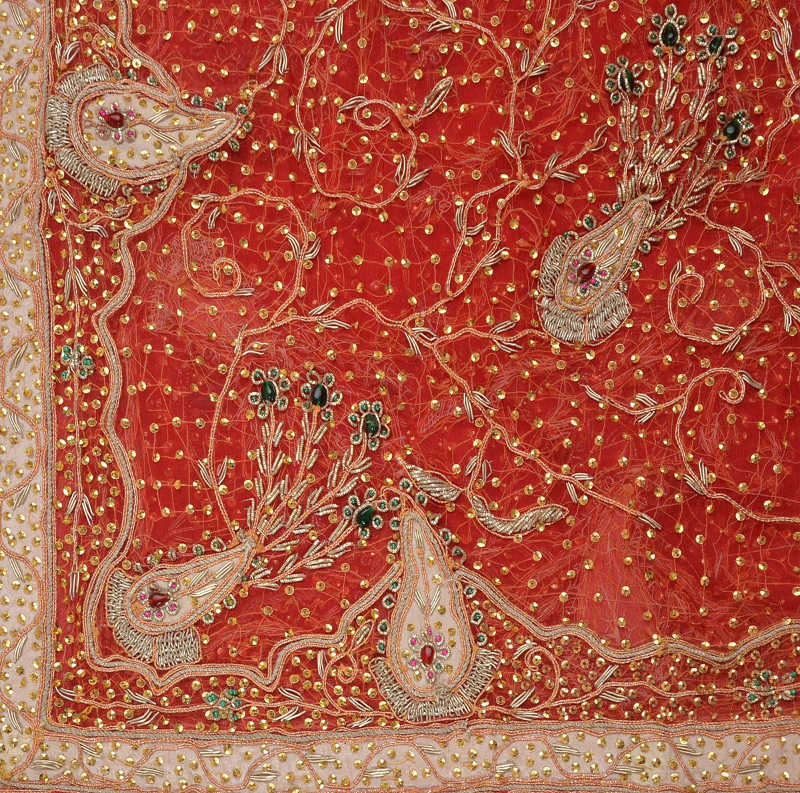===
0552,
1
===

=== |
 |
FWP:
SETS
MOTIFS
NAMES
TERMS == REFRAINNote for meter fans: All the Urdu meters officially end with a long syllable, so the official last syllable of this meter is the long syllable jaa . Unusually, however, this ghazal has a refrain that ends in an extra, non-counted short syllable (the kind I call a 'cheat syllable'), the ))e of jaa))e . Metrically speaking, it is simply ignored.